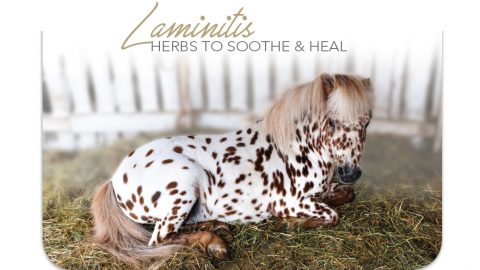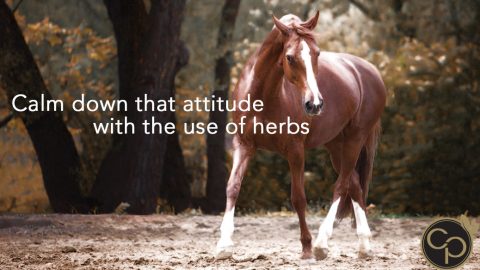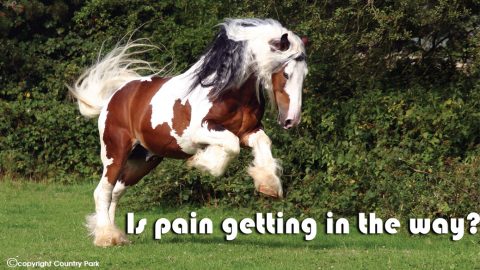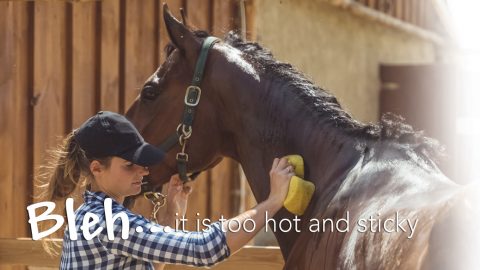Herbs assist in allowing the natural body functions to operate more efficiently and harmoniously, to resist the disease process and regain balance after illness or injury. Being labeled ‘natural’ however, does not mean they are a wonder cure or super food that will provide the answer to every ailment and they should still be used with awareness.
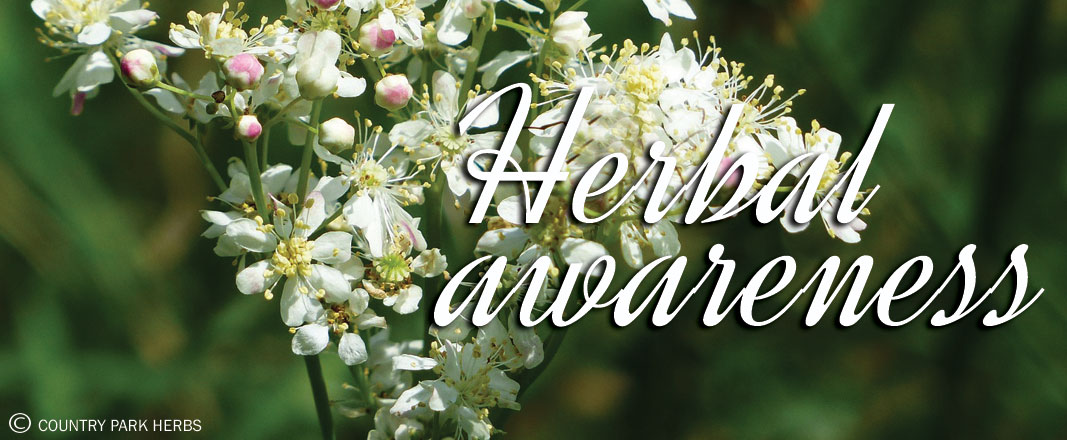
Feeding good quality dried herbs is now much easier with a wide range available from just about every part of the world. The quality however may vary depending on seasonal conditions in the growing areas and therefore the vitamin and mineral content can also vary accordingly. Buying your herbs from a reputable supplier ensures consistent supply and results. Quality herbs unavailable due to drought or a bad growing season in one region can usually be harvested from another country or region which has had a good seasonal crop.
The physiological effect of herbs will vary in different horses. It is not uncommon therefore for doses to vary greatly between horses, which may mean that a certain dose while right for one horse, may require much more for another to achieve the same result. Be aware of, and give consideration to, any other herbs or medications being given as this may factor into the dosage of herbs required.
The length of time a horse has endured a condition can extend the time herbs are needed to manage a chronic issue. For each year, often allow one month of herbs as you work towards relief and overall wellbeing.
It can take some time for the action of herbs to start to become apparent. Where a condition is new and acute and to see improvement in a short time, feeding larger amounts for an initial period of a week can be beneficial. Then amounts can be reduced accordingly. Horses easily assimilate herbs in their diet; therefore you often feed less than you think. It is not always dependant on weight, the severity of the condition may be an overriding caveat. Herbs are given in feed once or twice daily, however in acute situations they can be given more frequently.
The constitution of each horse is different, some will respond faster to the herbs than others. The depth and duration of the condition or nutritional deficiency will also play a part in response time to the herb. Some horses may need a herb for four to six weeks, while other conditions may need ongoing management.
At normal rates it is not unusual to see improvement after feeding for as little as a week, although in other cases it can take three weeks or more before the benefits become noticeable.
If the condition does not show change that is detectable after feeding herbs for a month, the combination or amounts need to be reviewed. Then how long you continue to give herbs will depend on each individual horse and their utilisation of the herbs themselves.
Some herbs lose their efficacy after certain periods, others if not balanced due to their chemical makeup may only be given safely for up to three months, while other herbs can be given as ongoing support with chronic conditions. Be careful with how you cycle your herbs, most suit a seasonal freshen up, but giving for a couple of weeks and then not for a week can disturb the natural rhythm of the body and particularly if you do it with the wrong herb.
Horses are instinctive animals, previously seeking out herbs in pasture. It is not uncommon for them to leave a herbal formulation at the bottom of their tub. If you notice this, they are either not needed or the amounts may need review. With herbs and supplements, ‘Less is more” both in how many and how much.
It is not wise to mix pharmaceutical medications and some herbs without advising your veterinarian or herbalist. While ongoing management of a condition is often easier with herbs added to meet dietary requirements, giving some herbs can clash physiologically as well as philosophically. Giving a drug to suppress an inflammatory response with a herb that stimulates the inflammatory response in opposition to that drug can frustratingly stop both working optimally. A horse may become sensitive when herbs are used with drugs that have been developed from similar constituents often manifesting allergic-like reactions.
It is important to note that herbs do not work like pharmaceutical medicines, which elicit specific immediate reactions. It may go against the ‘natural’ philosophy but using the drugs your veterinarian suggests will deal with the immediacy of the issue and herbs can then help the body deal with any ill-effects of a medication.
While herbs do have an affinity for an organ or body system, they generally are supporting the entire body. Many ailments and behaviours are avoidable with good feeding and herbal management used to maintain good all round well-being if combined with common sense use.
For correct dosage rates on the herbs mentioned in this article please contact Carol or Ruth when placing your order.
Disclaimer: The information provided in this article is for educational purpose only and is not meant to replace veterinary advice or treatment.
Copyright: Catherine Bird, who is also the author of a Healthy Horse the Natural Way, has been an equine natural therapist for 27 years working closely with Country Park Animal Herbs for over 13 years offering advice to their clients.

